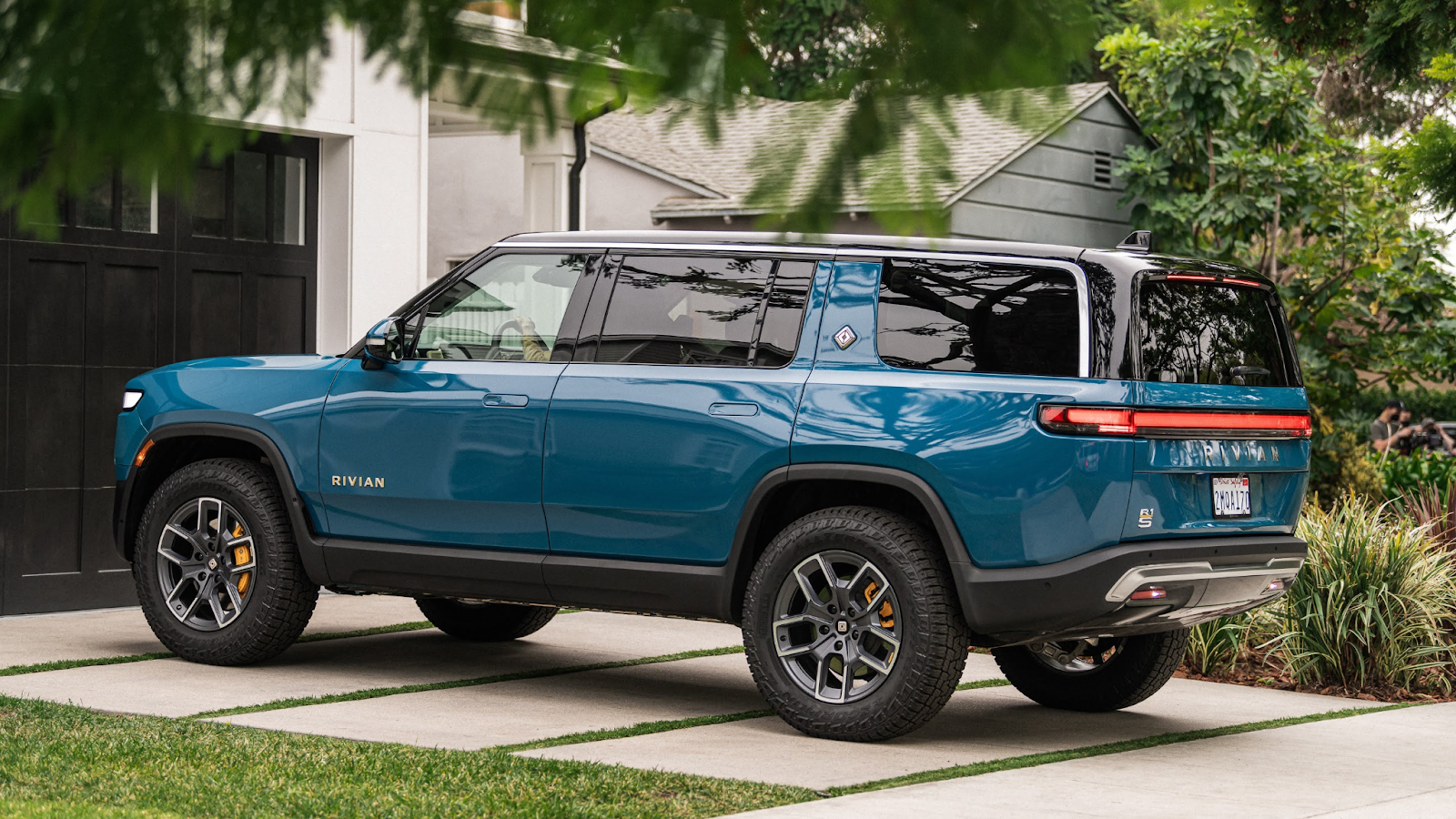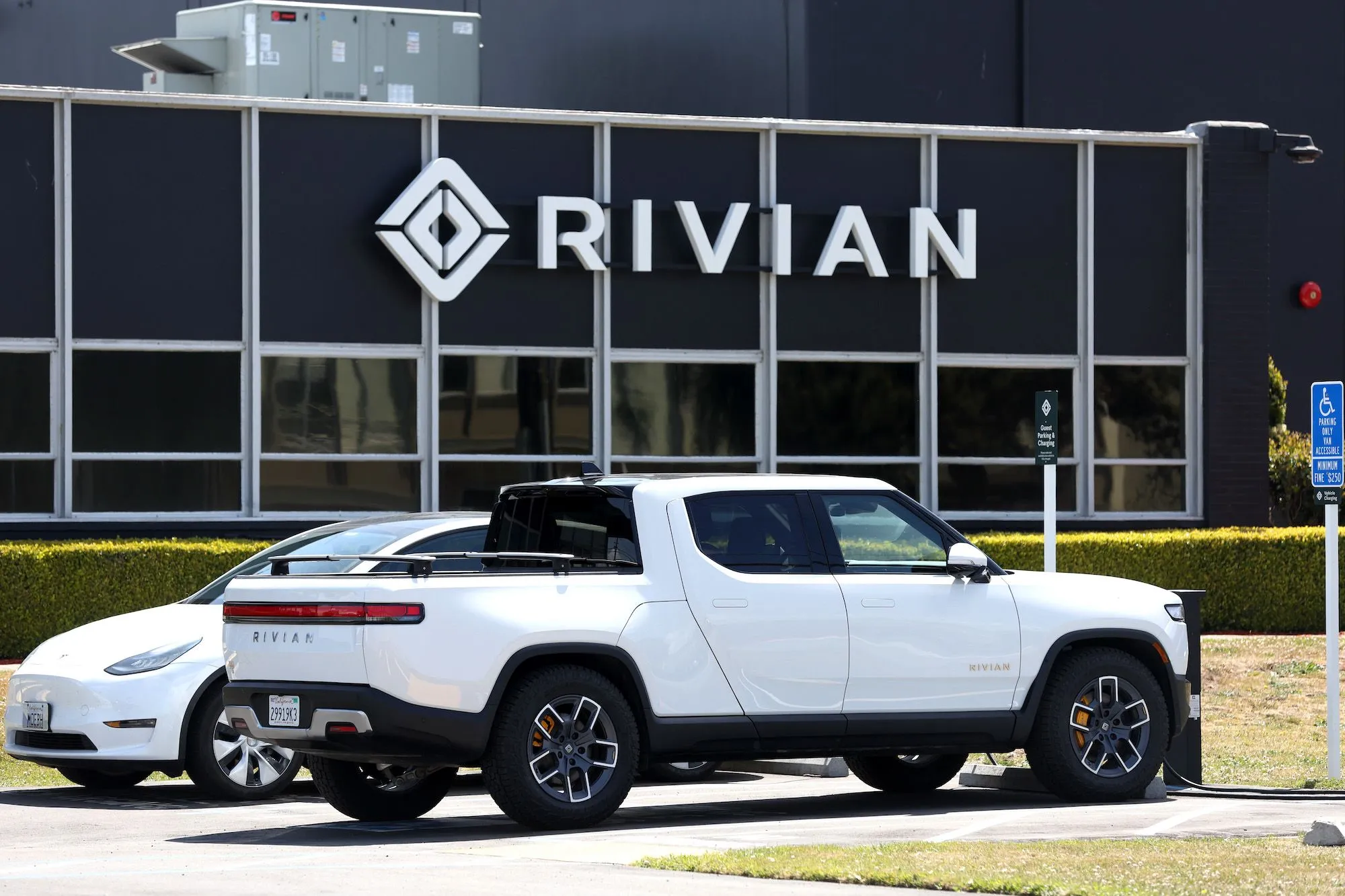For Rivian to compete with Tesla, Sandler believes it must address funding headwinds.
In addition, Piper downgraded Rivian to neutral from overweight on Thursday. The firm also cut its target price for Rivian to $15 from $63 from $60, which could indicate a marginal upside for the company from Thursday's closing price.
Despite this, analyst Alexander Potter wrote that he still liked Rivian's strategy of vertical integration (software, service, and charging) in order to capture lucrative after-sales revenue.
“However, the issue is, the strategy is quite expensive. For RIVN to justify its cost structure, it must spread its investment over millions of units (just like Tesla does), and in order to finance such an aggressive expansion, the company will need capital.”
According to Potter, Rivian must address the high costs associated with controlling every aspect of vehicle production - like its rival Tesla does - in order to improve its cash burn. Aside from cutting costs and outsourcing certain production like batteries and software, he says the company has the brand to compete in the higher-end segment.

As a result of Piper Sandler's evaluation of Rivian based on book value instead of discounted cash flow, the firm downgraded it. Rivian produces roughly 500,000 to 700,000 vehicles annually, compared to Potter's previous rating based on 3 million vehicles annually.
According to Potter, most investors are unwilling to pay for RIVN's long-term prospects because of cash constraints and disobliging capital markets.
The downgrade resulted in a 3% drop in Rivian shares. 22% of the stock's value has been lost this year. It has declined 64.6% over the past year.

Subscribe to our newsletter!
As a leading independent research provider, TradeAlgo keeps you connected from anywhere.








